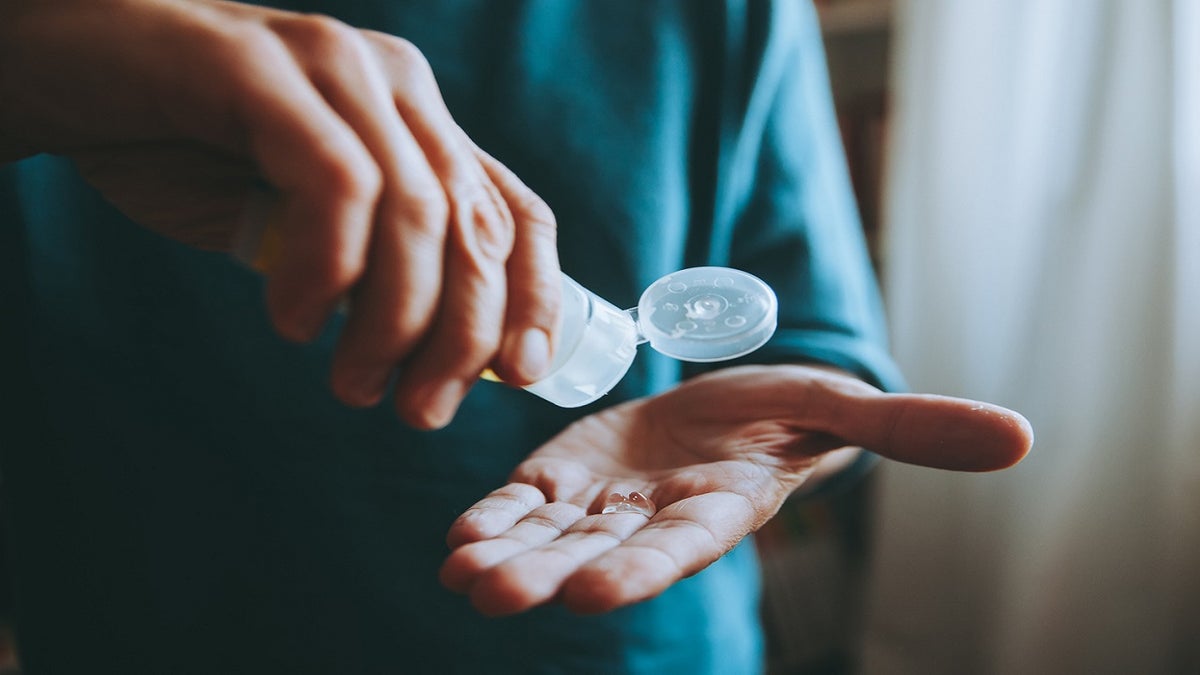Researchers find less than 1% coronavirus infection rate at North Carolina day camps
Emily D'Agostino, assistant professor in Duke's Department of Family Medicine & Community Health, with insight.
COVID-19 put not just humanity into quarantine, but also every other transmittable disease.
As an unintended result of social distancing precautions enacted to stop the spread of the novel coronavirus, virtually all other respiratory viruses have, at least for the moment, hit record-breaking low rates.
"Almost every other virus that is transmitted among people has gone into hiding," Northwell Health infectious disease specialist and pediatrician Dr. Sunil Sood told Insider.
DESPITE PANDEMIC LOCKDOWNS, SOME EXPERIENCE 'POST-TRAUMATIC GROWTH'
Indeed, the Centers for Disease Control and Prevention’s influenza report for the last week of January noted positively that "seasonal influenza activity in the United States remains lower than usual for this time of year."

Virtually all other respiratory viruses have, at least for the moment, hit record-breaking low rates.
(iStocki)
Acute flaccid myelitis, a debilitating illness similar to polio, which doctors began observing in children starting in 2014, has also been stopped in its tracks, seemingly as a consequence of distance and mask protocols.
"It’s one of those mysteries of nature," Sood said of AFM’s perplexing, increasingly large outbreaks every other summer and fall across the US.
SAN FRANCISCO EXPANDS LAWSUIT AGAINST OWN DISTRICT
Doctors have long been hopeful coronavirus protocols could help tame the AFM outbreak anticipated for last year.
"[There] is a good chance, based on the data that’s been analyzed, and just thinking theoretically, that we could social distance away an EV-D68 outbreak this year, which would be fantastic," pediatric infectious disease physician Kevin Messacar said in July, referring to the virus that causes AFM, in July.
Once the pandemic ends and mask and distancing protocol along with it, however, society will once again be vulnerable to the same viruses as before the pandemic, Sood warned.
CLICK HERE FOR COMPLETE CORONAVIRUS COVERAGE
Still, avoiding last summer’s AFM outbreak not only saved many lives from being impacted by the disease but also bought scientists precious time to continue researching it, increasing hopes they’ll have better preventative and treatment options by or before the next outbreak.
"You’re essentially buying time if you put off an outbreak, which is good news," Messacar said.









































